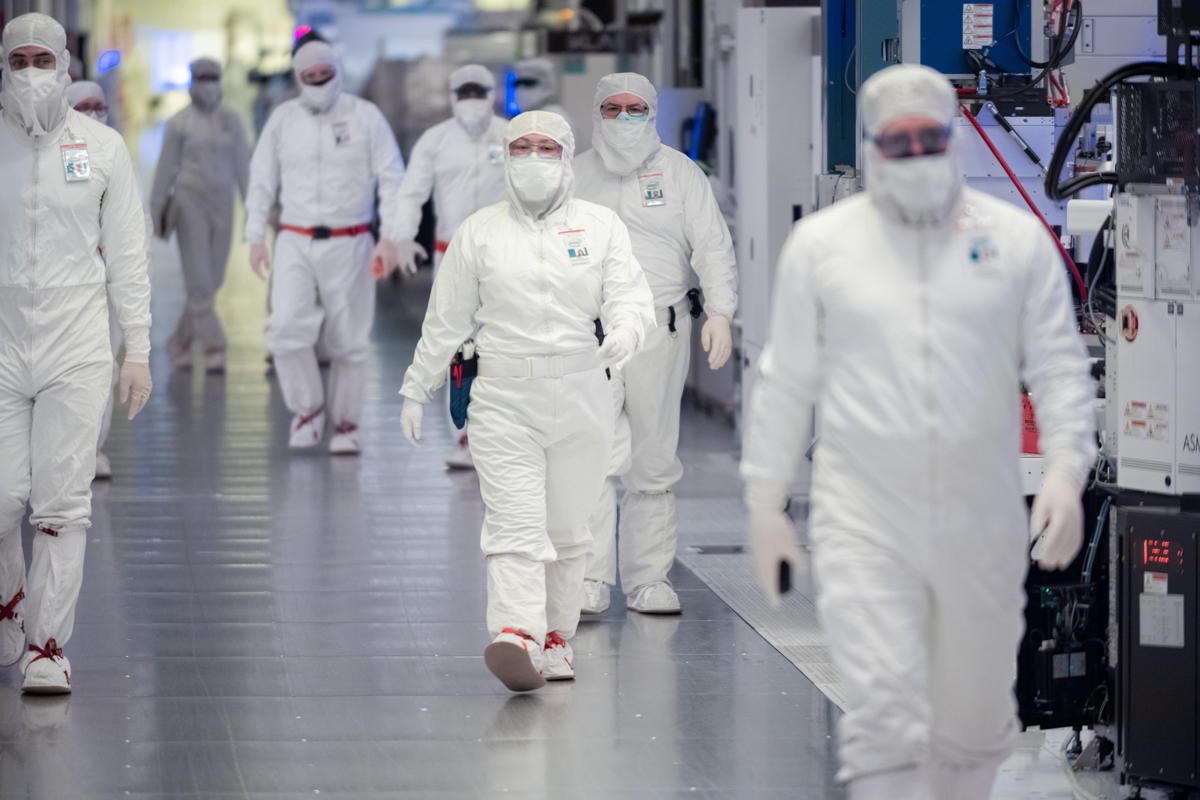|
Getting your Trinity Audio player ready...
|
Dominant contract chipmaker Taiwan Semiconductor Manufacturing Co (TSMC) is to stop taking orders for advanced chips for mainland China customers as of Monday, according to local media reports.
TSMC told mainland customers in a notice last week that it would stop accepting orders for chips made with its 7-nanometre or smaller process nodes beginning on Monday, 11 November, reports said.
The move, first reported by Chinese semiconductor media outlet ijiwei.com, comes after Canadian research firm Techinsights discovered a TSMC part in Huawei’s 910B artificial intelligence (AI) chip, suggesting US-sanctioned Huawei had obtained the part in violation of US export controls.
TSMC denied wrongdoing and said it would work with the US Department of Commerce to resolve the issue.

Shipments suspended
Huawei said it “has not produced any chips via TSMC since the US Department of Commerce implemented its amended foreign direct product rule that targeted Huawei in 2020”.
TSMC has since suspended shipments to graphics processor developer Sophgo, based in Xiamen, mainland China, according to a Reuters report.
Sophgo said it “has never engaged in any direct or indirect business relationship with Huawei”.
The Financial Times cited two unnamed sources as saying that future supplies of advanced chips to mainland customers could be subject to an approval process likely to include US regulators.
Mainland China is a relatively small market for TSMC, accounting for 11 percent of its third-quarter revenue, compared to 71 percent for North America, according to data from S&P Global Market Intelligence’s Visible Alpha.
Compliance move
But the move could be a blow for mainland companies that have begun developing their own advanced chips for uses such as artificial intelligence (AI) model development and inference, including tech giants such as Alibaba and Baidu as well as start-ups.
TSMC is looking to avoid any appearance of non-compliance with US export rules ahead of an expected tightening of regulations this year, as well as under Donald Trump’s second administration beginning in January.
The company is investing $65 billion (£50bn) to build new factories in Arizona under a Biden-era plan to subsidise domestic chip production, and said that so far its US investment plans remain unchanged.





